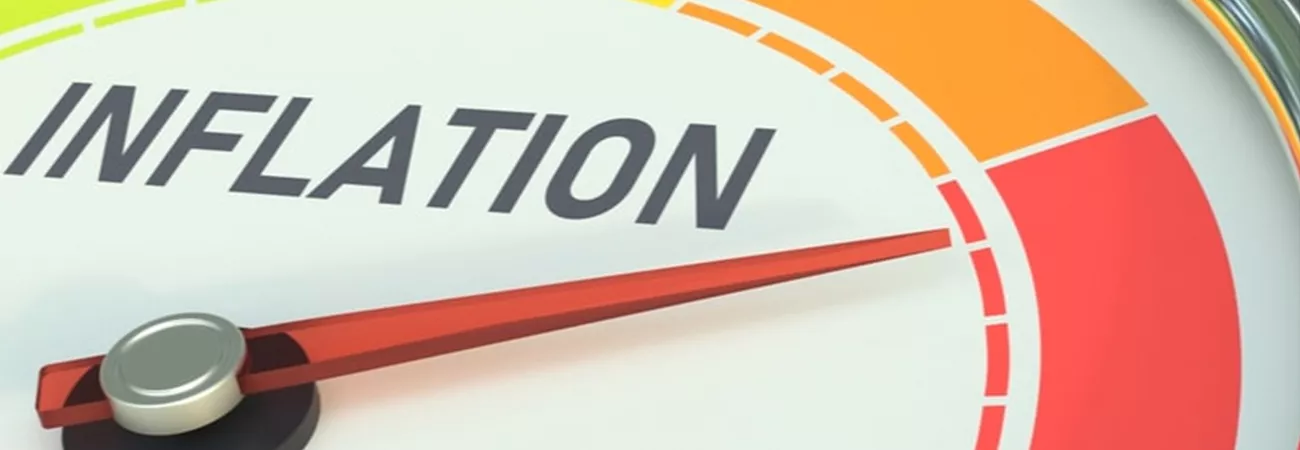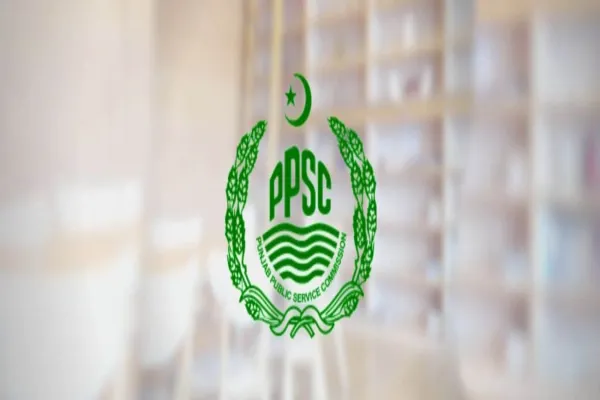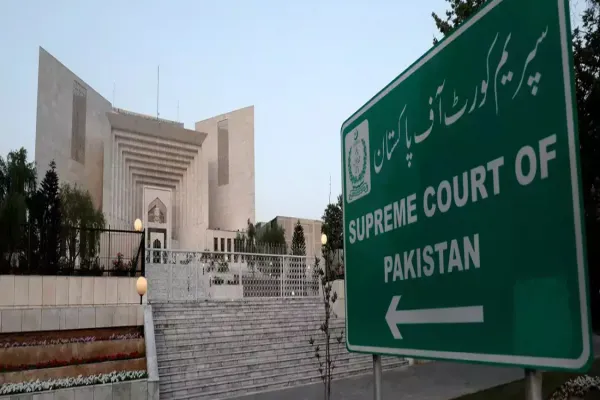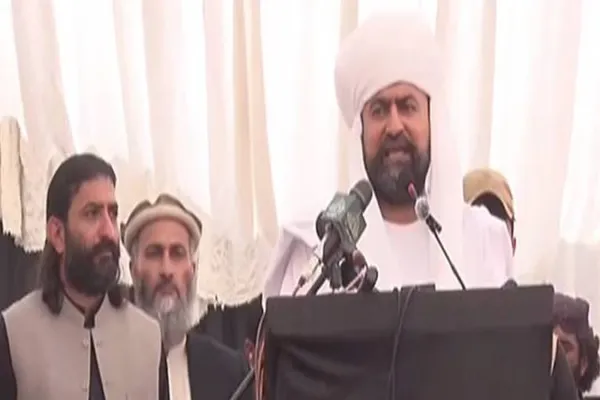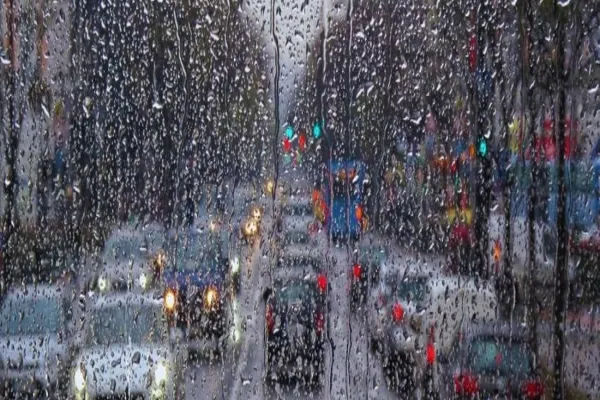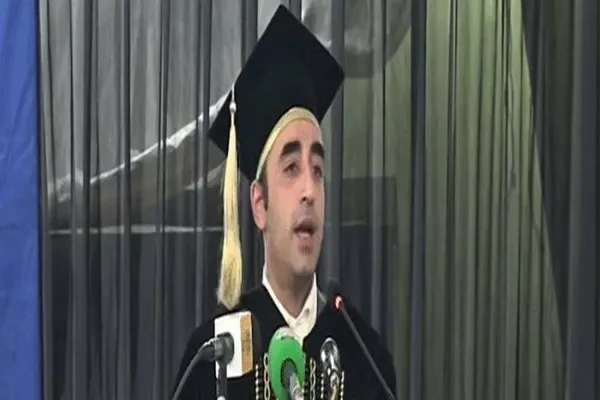i NEWS PAKISTAN
The Pakistan Industrial and Traders Associations Front (PIAF) has opposed the imposition of more taxes, as the government is finalizing the mini-budget of Rs100 billion, planning to imposing more taxes on imports, besides slapping 17% sales tax on high-grade petrol to cover the expected shortfall of tax collection. The PIAF chairman Faheem ur Rehman Sigol said that the regular attempt of economic managers to impose new taxes and increasing oil prices along with the hike in power and gas tariffs will ultimately harm the government’s overall move of reducing the production cost for the businesses. Recently, the IMF also asked Pakistan to impose new taxes of Rs600 billion to achieve the tax-to-GDP ratio target of 9.5%.
Possible shortfall in the coming months may expose the government to more pressure from the IMF. Faheem ur Rehman Sigol said that slapping additional taxes on industrial raw material and essential items would lead to further hike in inflation which is already in double-digit. Tax authorities have recently shared options with the government to bridge the shortfall by imposing taxes on duty-free imports and raising the additional customs duty to collect roughly Rs60 billion in taxes. They also include a reduction in the regulatory duty to allow imports aimed at compensating for the revenue loss.
He added the additional customs duty is other than the standard customs duty that is imposed to raise more taxes. He said that the proposal of imposing 17% sales tax on high octane blending component (HOBC) was at an advanced stage, aimed at collecting Rs6 billion in the remaining period of current fiscal year. The government is already charging a tax of Rs50 per litre on HOBC and motor spirit (petrol). The cost of HOBC (97 octane) is higher by Rs45 per litre than the 92-octane petrol. The International Monetary Fund (IMF) has asked Pakistan to impose 17% sales tax on petroleum products in addition to the Rs50-per-litre levy.
Any decision to impose the sales tax on high-quality petrol may be the first step towards that goal. The Federal Board of Revenue could not achieve its October tax collection target of Rs534 billion, falling short by Rs22 billion, primarily because of contraction in imports. The monthly goal was missed despite 15% growth in collection over tax receipts of Rs445 billion in October last year. The collection of customs duty, which was the cornerstone of FBR’s performance earlier, remained below target for the fourth consecutive month in October.
Credit : Independent News Pakistan-INP



